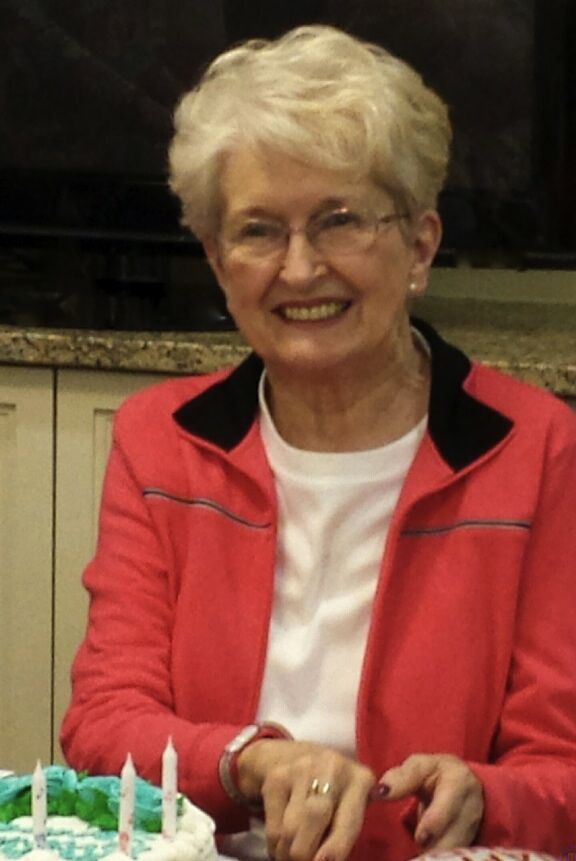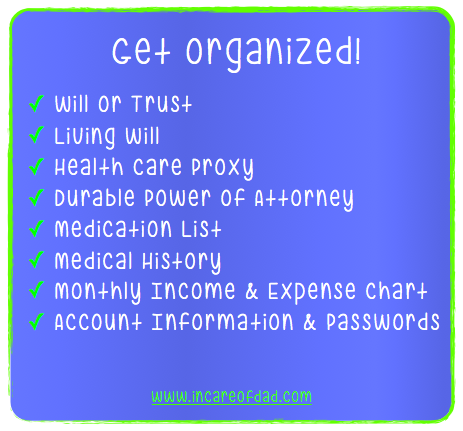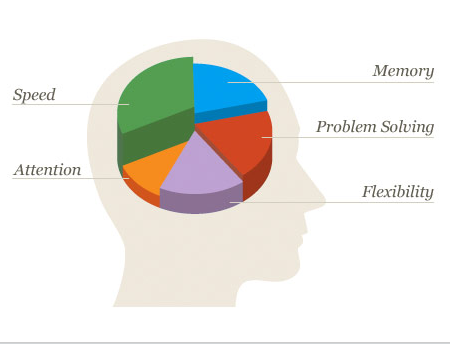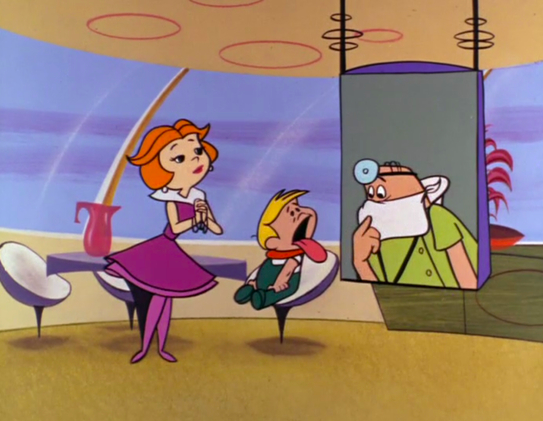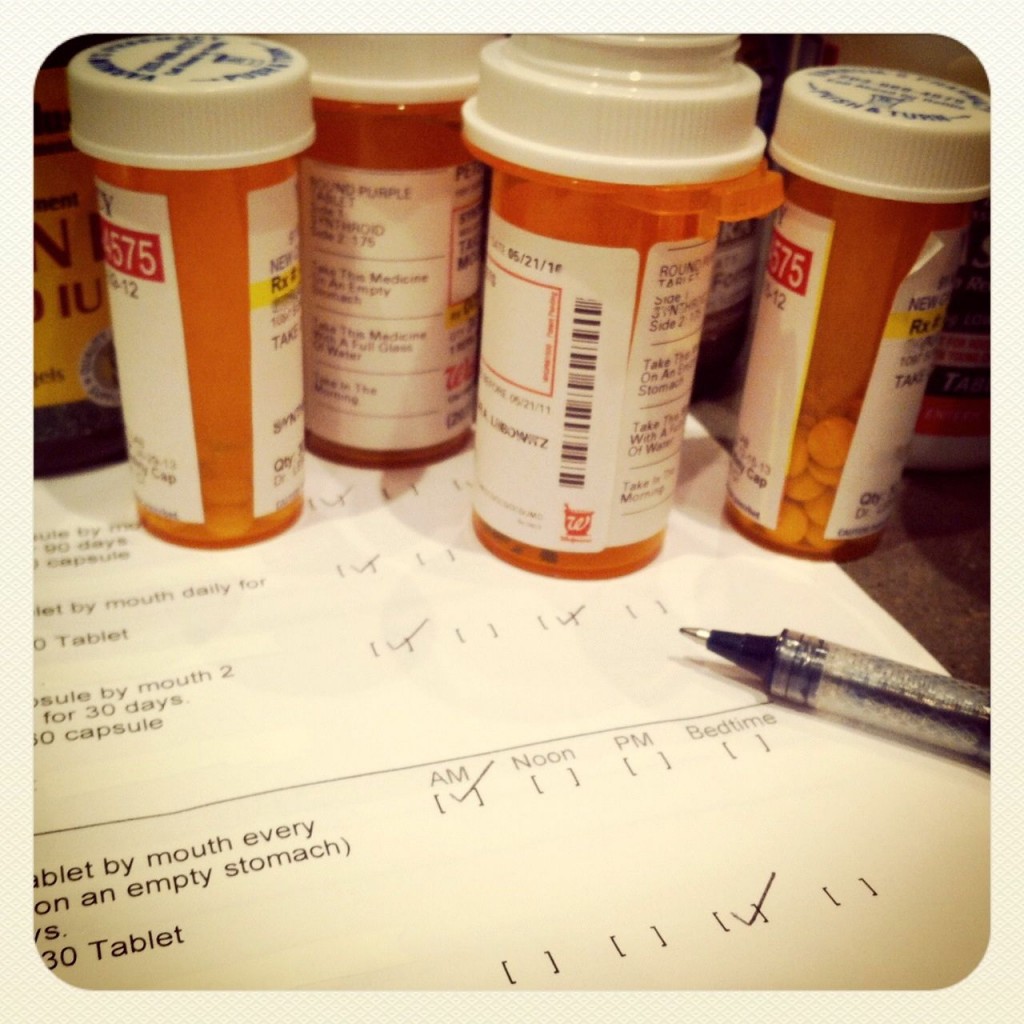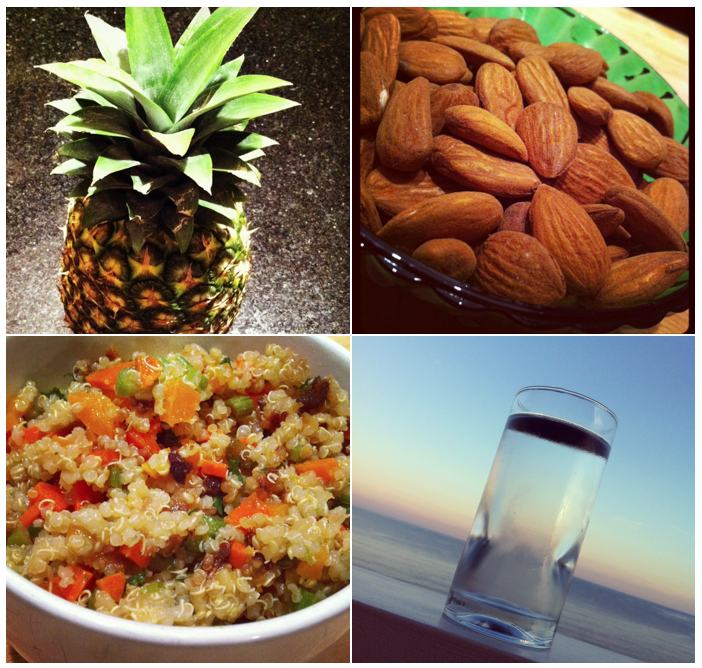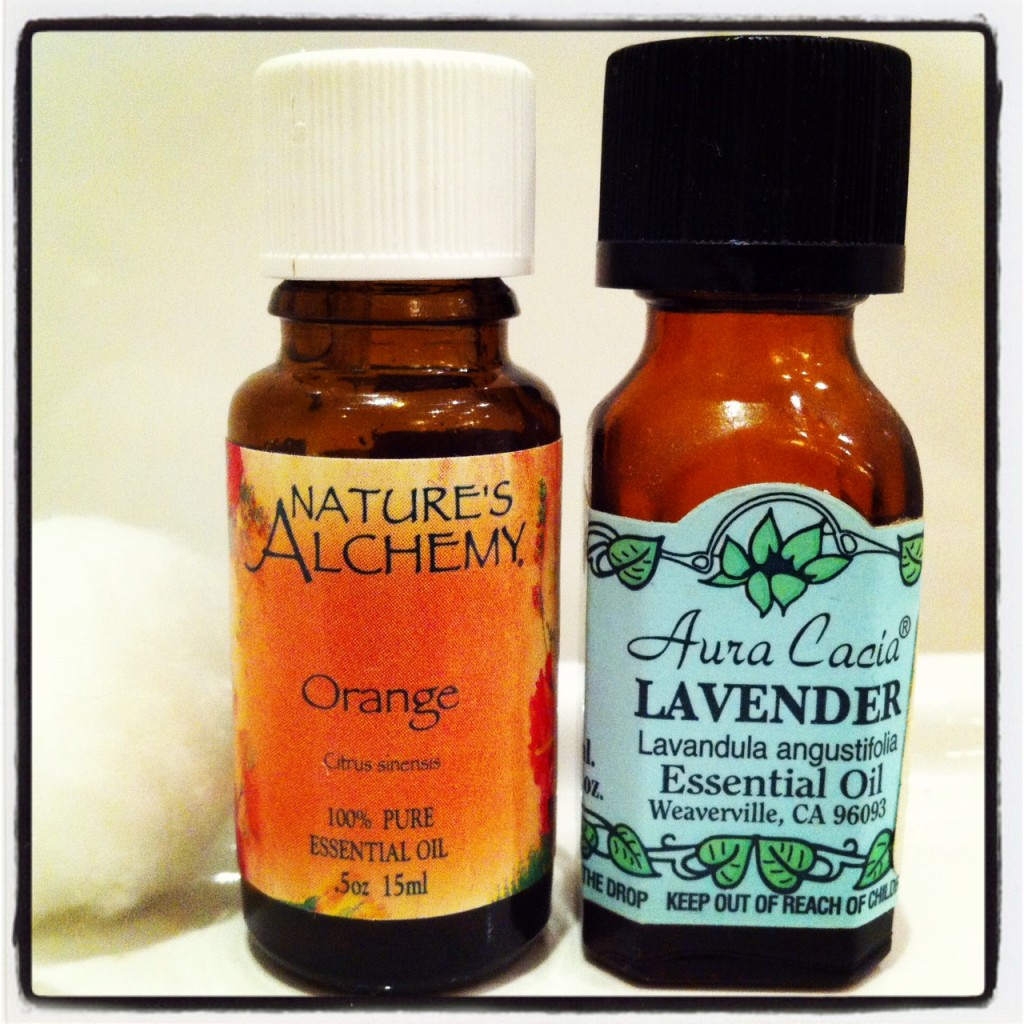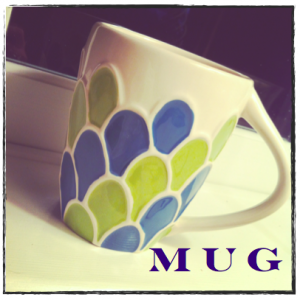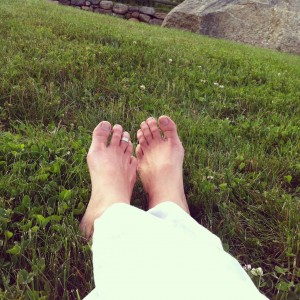by Kim Keller
I recently received one of those late night phone calls that you just know is full of bad news on the other end.
It was my sister, Karen. Our mom had been out with her girlfriends that evening, and she fell in the restaurant as they were leaving. Her friends rushed her to the emergency room where Mom was told she had fractured her hip and now required surgery.
Never the news you want to hear, especially right before the holidays. And, no matter how many times Karen and I have needed to help one of our parents through a health ordeal, and despite the years we’ve spent on In Care of Dad, detailing helpful caregiving protocols, we still feel the initial panic that overwhelms every son and daughter when their parents are suddenly injured or become seriously ill.
Luckily for us, our training kicked in fairly quickly, and we were able to apply the same basic principles we’ve been preaching these last four years. And that gives us considerable satisfaction on two levels: firstly, because we know our mom is now in good hands and on her way to recovery, and, secondly, because it tells us once again that the procedures and tips and guidelines we’ve been recommending here are indeed helpful and instructive.
But there’s always something new to learn and to share, and this time was no different. Here are some of the highlights:
Continue Reading
